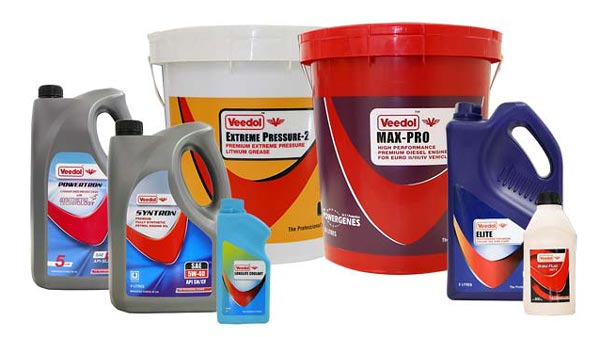Automobiles need love and care, just like humans need. Keeping
them healthy and happy ensures their long life. It is important to take care of
the engine and running parts of the automobile. Clutch, break and tyre pressure
should be taken care of. Engine oil should be changed as per the recommended
interval mentioned by the manufacturer. For example, if certain bike oil is recommended by the
manufacturer, one must stick to it for his/her bike and change it as per the
interval mentioned by the user manual.
What is
engine oil?
Engine oil or lubricant ensures the health of the automobile’s
engine and helps the running parts to function smoothly. Engine oil forms a
lubricating and thin layer on the metal surface of the engine’s running parts,
minimizing fiction between and less wear & tear. For example, Honda Scooter oil is designed for the
Honda bikes to help keep the scooter’s parts in running condition and it should
be used strictly for it.
What
makes engine oil?
Engine oil is made of 80% base oil and 20% additives. Most of the
additives can help the engine tidy and keeps viscosity of the oil at optimum
levels. The additives also contain anti-oxidants that prevent the running parts
from getting oxidized. The base oil is used as a carrier oil that carries these
additives and is either synthetic, semi-synthetic or mineral oil, based on the
requirements of each automobile.
What are
the three types of engine oil?
There are three types of engine oil. These three types of oils are
used according to the requirements of the vehicle type and model, and also
according to the preferences of the vehicle users. The three types of popular
engine oils are as mentioned below-
Synthetic
oils
Chemically synthesized oils are manufactured to meet the
requirements of the new-age engines and are known as synthetic oils. These oils
are generally more expensive than other oils, as they are customized to provide
more protection to the vehicles and improve performance.
Semi-synthetic
oil
Semi-synthetic oils are used in certain vehicles to improve the
performance and make the engine’s running parts stay safe. Semi-synthetic oils
are made with a blend of synthetic and mineral oils, hence, the vehicles get
the benefit of both the oils in one. However, it is not as good as the
synthetic oil.
Mineral
oil
Naturally derived crude oils are refined in various stages and
processed to remove impurities and waxes and used as mineral oil. Mineral oils
are thicker than semi-synthetic and synthetic oils, and hence, do not provide
as much protection as the other engine oils provide.
How are
synthetic oils better than mineral oils?
There are a number of reasons why an automobile enthusiast chooses
synthetic and semi-synthetic oils over mineral oils. The molecular structure of
synthetic oils helps it function better than mineral oil. The latter is a
homogeneous mixture of molecules in various sizes and shapes, while4 the former
has been manufactured carefully to meet the requirements of the vehicle.
Synthetic and semi-synthetic oils provide better lubrication to the engine’s
running parts in extreme temperatures, while mineral oils do not provide that.
The horsepower of the automobile’s engine increases with semi-synthetic and
synthetic oil, while mineral oil may cause severe damage to the running parts
of the engine, causing low performance. Synthetic and semi-synthetic oil
reduces friction in the running parts, thus, improves the performance. The
synthetic oils have additives like dispersants and detergents that ensure
cleanliness of the engine, while mineral oils do not have any additives. The
synthetic and semi-synthetic engine oil, if used religiously and regularly, can
help keep the engine in a good condition. Moreover, one needs to change the oil
less frequently if s/he uses semi-synthetic and synthetic oil. Use of
semi-synthetic or synthetic oil can help save fuel, thus quite economic. In
every way, synthetic oils are better than mineral oils even if apparently
mineral oil costs seem lower than synthetic oils.


















